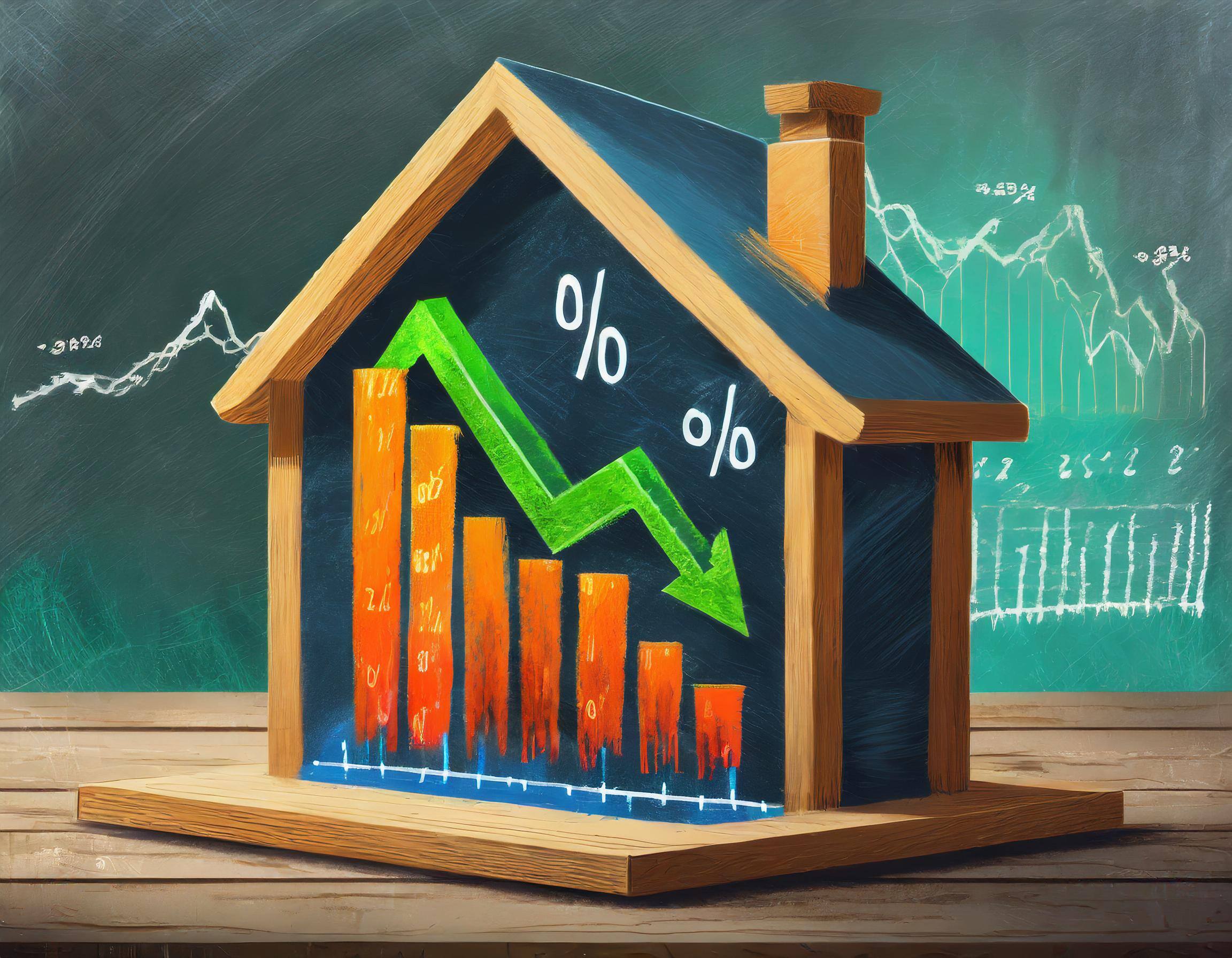At a certain point in life, it feels like everyone you know is becoming a homeowner - except you. You begin to wonder if it’s time for you to make that leap. And right after asking yourself “should I,” you immediately wonder “could I?”
This isn’t a one-answer-fits-all type of question. Buying a home is a life decision that’s right for you WHEN it’s right for you. And not a moment before.
So how do you evaluate if it’s time to jump on the homebuying train? And if the answer is not now - how will you know when it’s the right time?
Well, that’s what we want to help you with in this article. Here are the questions you should ask yourself, and Point Equitys’ answers.
Can I Afford It?
The 30,000 Foot View
This is a big question, and one you might think is best answered by talking with a loan officer. Before you do that - take a look at your big financial picture.
Starting with: how much do you currently have in savings, and how much money do you earn monthly. When you meet with a loan officer, you’ll need to document the answer to both questions. Start gathering that documentation now, like bank statements, paystubs, and W-2’s.
Next, make a list of all the payments you must make every month. Add items like credit card payments, car payment + insurance, and student loan payment. Can you easily save money every month after paying rent and making these other payments?
If the answer to that question is no, keep renting and growing your savings as much as you can every month. And make a plan to pay down as much revolving (credit cards) and installment debt (car loan, student loan) as possible.
This strategy will put you in the position of affording to buy a home. But is it a good idea to buy even if you can afford to?
Is It Cost Effective to Own a Home in the Long Run?
Time and Expense$
If you answered “yes, I can afford to buy a home,” it’s time for the next question: “Even if I can afford to buy a home - is it financially worth it?”
The answer depends on how long you plan on living in the home you buy. If you plan to stay in the area for the next 5+ years, and you can afford it, buying a home is a good investment.
But what if you get a new job or a promotion that means relocating? Or, you suddenly decide it’s time to sell everything and travel for a year (if not now - when?) If it’s unlikely you’ll live in your new home for more than a year or two, for whatever reason - just keep renting. Here’s why:
The one-time costs of buying and owning a home can quickly add up to several thousands of dollars. Add to that the costs of selling a home in 1-2 years. Things like closing costs, moving expenses, seller’s real estate fees, and potential repair/home improvement expenses. (There’s a difference between true expenses and money you put into the equity in a home.)
If you live in the home for 5+ years, those one-time costs would be spread over a long period of time. And there would be zero selling expenses. Over a 5 year period, you may see some accumulation in equity from paying down your mortgage and the home’s value appreciating. Those gains begin to offset the one-time expenses you incurred when you purchased.
And, if you read this entire section and thought, “Expenses? What other expenses?”
The “Other” Expenses of Owning a Home
Breaking Them Down
You’re already used to paying rent and, hopefully, the premium for your renter’s insurance policy. But there’s a little more to it when you own your own home. Take a look at some of the typical expenses that go along with home ownership:
- Property Taxes: percentage of the homes’ purchase price, paid annually.
- Homeowners Insurance Premium: more comprehensive coverage=$$
- Utilities: including garbage, water, power, gas, cable, and internet.
- Maintenance: homes have ongoing maintenance needs to keep everything working and structurally sound. (HVAC, plumbing, electrical, roof, gutters, etc)
In addition to these costs, you MAY also need to pay:
- HOA dues: if you live in a condo or Planned Unit Development
- Mortgage Insurance: if you make a downpayment of less than 20%
For some of these expenses, there are tax benefits that offset or reduce the costs. In fact, if you look only at the costs associated with owning a home you might feel like renting forever. But there are financial benefits that can zero out these “other costs.”
Or at the very least, make the actual costs more on par with what you’re paying in rent. To explore this further, schedule time to sit down with a Point Equity loan officer to do the math for your situation.
But before you do, let’s go over a few more questions.
How Much Do I Need for the Down Payment?
It Depend$
This is a question with a broad answer: from as little as 3% of the purchase price all the way up to as much as you can afford. What do we mean by “as much as you can afford?”
The magic down payment amount is 20% of the purchase price to avoid paying mortgage insurance. If you have enough to put down more, you’ll benefit from a lower monthly mortgage payment. Also, a larger down payment lowers the risk to the lender, and that may be reflected in a lower interest rate.
If you’re in a position to put down a sizable percentage, calculate the amount based on keeping your payment at a reasonable level. Balance that with the benefit (or requirement, in some cases) of having savings (aka “Reserves”) left over after the down payment and closing costs are paid.
But if you’ve been slowly saving for a down payment, all you need is a minimum of 3% down payment. Note that putting less than 20% down requires paying mortgage insurance monthly. And no matter what percentage you put down, you’ll also need to save a minimum of $4-5,000 for closing costs, depending on the mortgage size and purchase price.
Are There Any First Time Home Buyer Programs?
If you google this question, several first time home buyer program options come up. The truth is there are no loan programs that are specifically made solely for first time buyers. (exception: state and county programs with restrictions on income among others)
The good news is that loan programs allowing down payments as low as 3% are practically tailor-made for a first time buyer. While the approval process takes this information into account, the programs are not exclusive to first time buyers.
Note that from time to time, there are tax breaks and credits available for first time home buyers. You can check on www.irs.gov to see if anything is available when you’re ready.
How Would I Get Started?
If you’ve read through these questions and feel comfortable with moving forward, your very next step is to set up a meeting with a Point Equity loan officer. Start out with a pre-qualifying meeting. If you feel comfortable, request a formal pre-approval.
As we said in the beginning of this article - there isn’t a one-size-fits-all answer for when it’s time to buy your first home. Take the time to get personal, actionable information to make the best decision for YOU.








